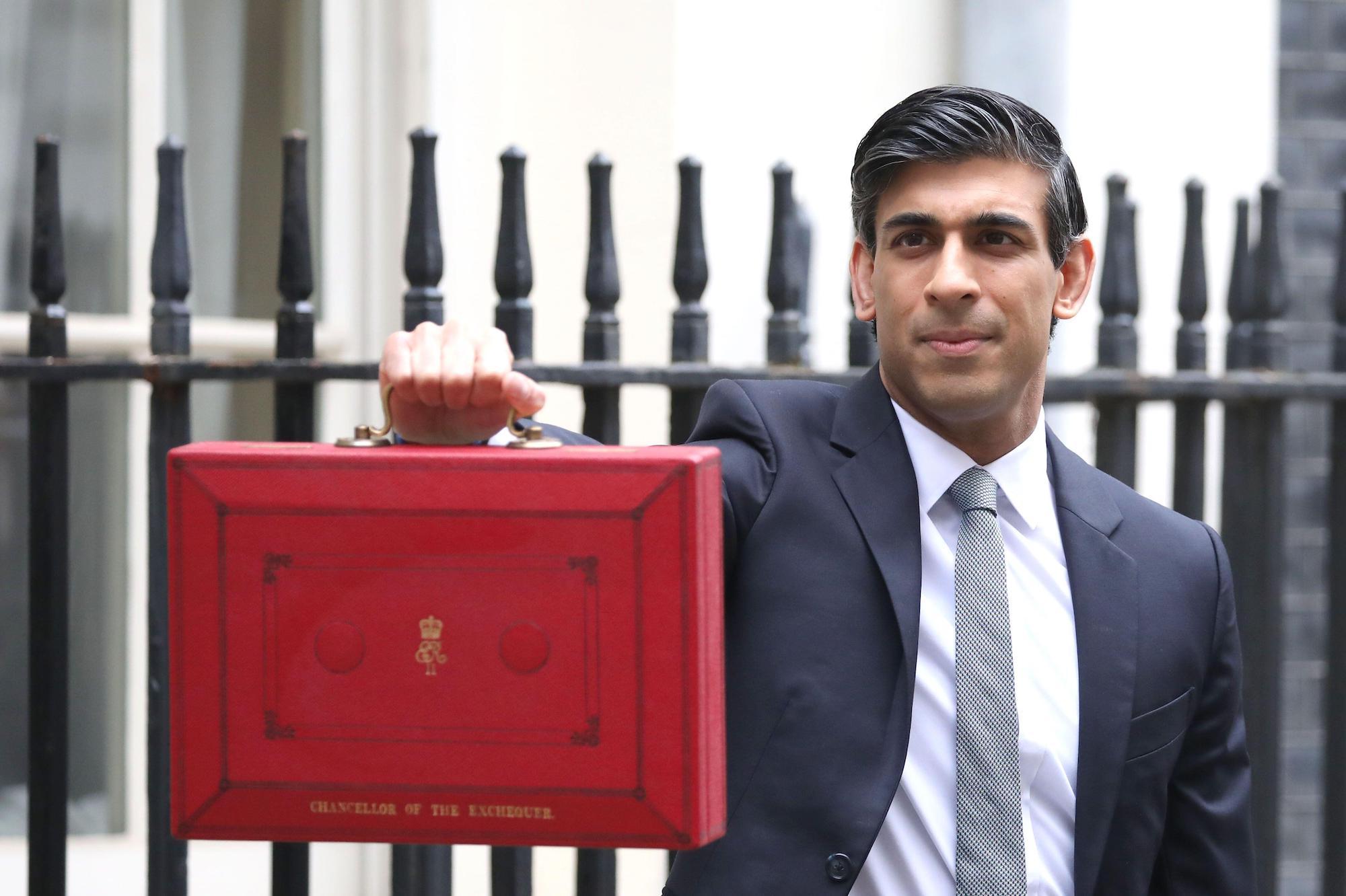Rishi Sunak announces £1bn relief for Omicron-affected businesses
The package has been criticised as "far too little" and "bordering" on the insulting" by the NTIA

Chancellor Rishi Sunak has announced a £1billion relief package for businesses affected by closures owing to rising cases of the Omicron variant of COVID-19.
The funds come as a third of the UK’s nightlife firms said they fear the risk of closure within a month without receiving support from the government, according to a stark new survey.
The new report from the Night Time Industries Association (NTIA) comes amid a sharp rise in COVID cases due to the Omicron variant, leading many to stay away from concerts and hospitality venues. Yesterday (December 20), the UK recorded its second highest ever number of COVID cases, with 91,743 people testing positive with the virus.
As part of Sunak’s new package, restaurants, bars, cinemas and theatres can apply for a maximum grant of £6,000 to help them cover costs, while an extra £30m has been pledged to help theatres and museums survive.
But the package has been criticised by the Night Times Industries Association (NTIA), whose CEO Michael Kill said: “Businesses are failing, people are losing their livelihoods and the industry is crippled. Mixed messaging, coupled with additional restrictions, has had a catastrophic impact on our sector over the last two weeks.
“At this critical point, we need strong leadership and a clear pathway from Government with a long-term strategy for new Covid variants. The open/close strategy is crucifying businesses. Every pound of help is much needed. But this package is far too little and borders on the insulting.”

Live music organisation LIVE have also criticised the government’s plan, with CEO Greg Parmley saying: “We welcome the news that the Government has started to deliver much-needed financial support, but with the live music sector teetering on the brink, the package falls short of the urgent cash injection businesses need to keep them afloat.
“The amount of money pales in comparison to the mounting losses faced by the sector and the process will add layers of complexity at a time when businesses are already struggling with skeleton staff rotas and huge losses,” Parmley added.
“We have been down this path earlier in the pandemic, with extensive form filling and application processes, by which point it will likely be too late. What we really need is an urgent boost that can help today by leaving money in businesses, such as an emergency reduction in VAT and deferral of loan repayments.”
Elsewhere, people in England must now present a COVID pass to enter nightclubs and certain venues.
The new measures are effective from last week (December 15) after MPs voted them through the House Of Commons the day before.
Under the rules, over-18s are required to show proof of their COVID status in order to gain entry to nightclubs, indoor unseated venues with more than 500 people, unseated outdoor venues with more than 4,000 people, and any venue with more than 10,000 people (via the BBC).
The new restrictions in England, which are part of the government’s ‘Plan B’ approach, come amid a rise in cases of the new Omicron variant of coronavirus. Earlier this month (December 10) face masks became mandatory in certain settings, including cinemas, theatres, shops and on public transport.
The government is calling for everyone to come forward for their coronavirus booster jab, with around half a million doses being administered each day. Over-30s can now book their third jab via NHS England (via GOV.UK).
London’s New Year’s Eve party in Trafalgar Square has also been cancelled amid rising COVID cases in the capital.
The December 31 celebration, which was set to feature food stalls, stage performers and more, was announced in October to replace the capital’s legendary NYE firework displays, which were cancelled due to COVID concerns.
